
Wes Anderson Collection: Bad Dads - Art Inspired by the Films of Wes Anderson
¥211.41
The third volume in the New York Times bestselling Wes Anderson Collection series showcases the best artwork from ';Bad Dads,' an annual exhibition of art inspired by the films of Wes Anderson. Curated by Spoke Art Gallery in San Francisco, ';Bad Dads' has continued to grow and progress as a dynamic group exhibition since its inaugural show in 2011, and has featured work from more than 400 artists from around the world. Those artworks range from paintings to sculptures to limited-edition screen prints and vary greatly in style, making for a diverse and lively show each year. Though each piece is distinct in its own right, the artworks' unifying element is the shared imagery and beloved characters from: Bottle Rocket Rushmore The Royal Tenenbaums The Life Aquatic with Steve Zissou The Darjeeling Limited Fantastic Mr. Fox Moonrise Kingdom The Grand Budapest Hotel The book features an original cover by graphic artist Max Dalton, a foreword by writer and director Wes Anderson himself, and an introduction by TV and movie critic Matt Zoller Seitz, author of the bestselling Wes Anderson Collectionbooks. A visual treasure trove, Bad Dads grants fans of Wes Anderson another creative avenue to explore his inspired worlds and movies. Also available from Matt Zoller Seitz: The Oliver Stone Experience, Mad Men Carousel, The Wes Anderson Collection: The Grand Budapest Hotel, and The Wes Anderson Collection.
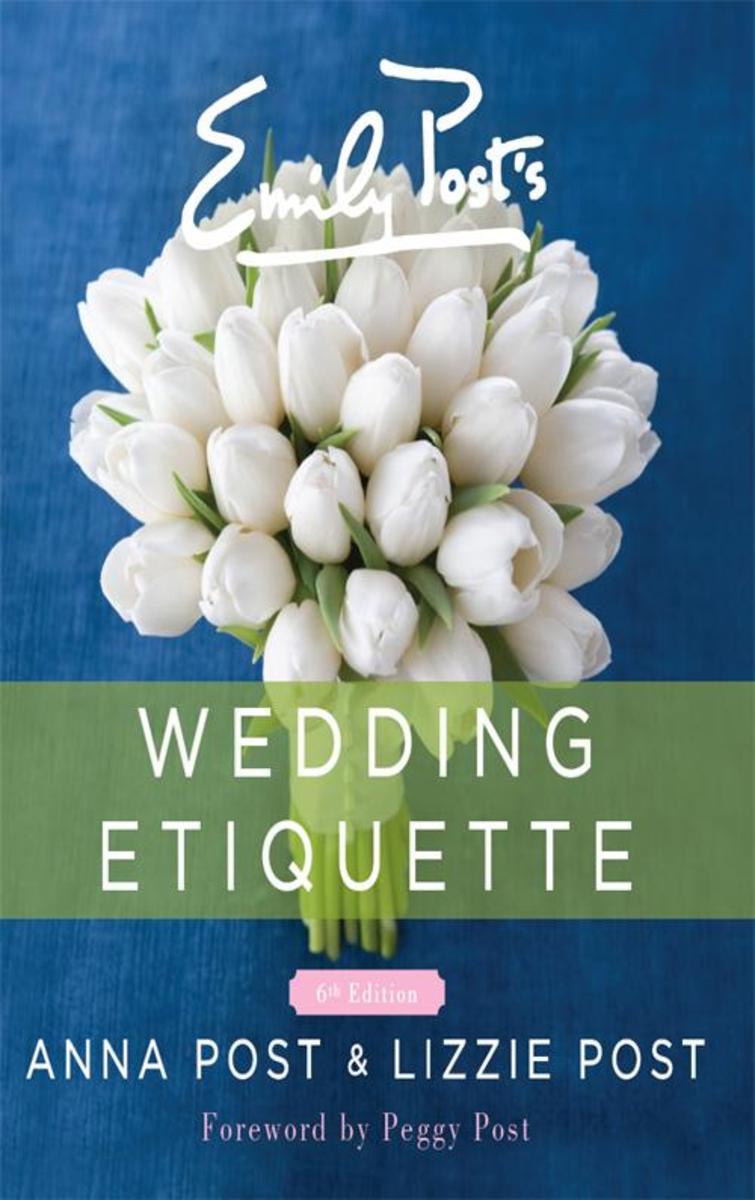
Emily Post's Wedding Etiquette, 6e
¥209.93
Emily Post's Wedding Etiquette is the classic indispensable, comprehensive guide to creating the wedding of your dream, now in its sixth edition. Today's weddings are more complicated than ever, with new traditions replacing old, and new relationships to consider as family life grows more complex. Emily Post's Wedding Etiquette has everything a bride will ever need to know to have the perfect wedding. Anna Post guides brides and their friends and family through weddings to maximize fun and reduce stress, including: How to handle awkward family situations How to address envelopes and word invitations How to choose an officiant How to blend family traditions The timeline of events throughout the engagement and during the wedding Who to include on your guest list How to use technology to your advantage

Raw Food/Real World
¥209.93
Top New York chef and restaurateur Matthew Kenney and his partner, Sarma Melngailis, had been thinking of opening a Moroccan restaurant. But one night they were invited to a raw food restaurant -- and it changed their lives. They instead opened Pure Food and Wine, a restaurant devoted to creative, tasty raw food, and it has been drawing rave reviews. Dishes such as Zucchini and Green Zebra Tomato Lasagne, Golden Squash Pasta with Black Summer Truffles, and Dark Chocolate Ganache Tart with Vanilla Cream have given raw food a sexy new appeal.The decision to go raw was shocking at first for these two ex-carnivorous chefs, but they soon found that preparing and eating raw food made them and their guests feel their physical best. Melngailis noticed a difference almost immediately -- "Light, clean, natural, and alive foods make you feel light, clean, and more alive. And sexy." This new way of life has changed their outlook on eating and cooking and connects them to the world around them. As Kenney says, "Raw foods and the lifestyle associated with it are so compelling and complex that we will be forever learning and growing. Already it seems that we have discovered some of the magic that life offers."In this lushly photographed book, Kenney and Melngailis share some of that magic -- and show that preparing and eating raw does not mean bland, unsatisfying, or impossibly time-consuming meals. Using dehydrating, Vita-Mix blending, a nuanced understanding of spices, and unprecedented creativity, they explore a whole new outlook on raw food that transfers beautifully and easily from their kitchen to yours -- no matter what your present diet. And you'll immediately begin to reap the benefits of healthful, delicious, life-giving raw food.

The World of Ice and Fire: The Untold History of Westeros and the Game of Throne
¥208.66
The never-before-seen history of Westeros and the lands beyond. With hundreds of pages of all-new material from George R.R. Martin. If the past is prologue, then George R.R. Martin’s masterwork―the most inventive and entertaining fantasy saga of our time―warrants one hell of an introduction. At long last, it has arrived with THE WORLD OF ICE AND FIRE. George R.R. Martin, in collaboration with Elio M. García, Jr. and Linda Antonsson, has written a comprehensive history of the Seven Kingdoms, featuring the epic battles, bitter rivalries, and daring rebellions that lead up to the events in the bestselling A Song of Ice and Fire series. Collected within this volume is the accumulated knowledge, scholarly speculation, and inherited folk tales of maesters and septons, maegi and singers, including over 170 full-colour illustrations and maps, family trees for the Houses Stark, Lannister and Targaryen, and in-depth explanations of the history and culture of Westeros. This is the definitive companion volume to George R.R. Martin’s dazzlingly conceived universe; THE WORLD OF ICE AND FIRE is indeed proof that the pen is mightier than a storm of swords.

Vrtoglave godine: Europa, 1900.–1914.
¥207.99
Biografia sugereaz?, ?n chip aproape inevitabil, prin relatarea cronologic? a faptelor vie?ii acelui individ, ?ncep?nd de la na?tere ?i continu?nd cu experien?ele tr?ite pe parcursul anilor, c? evenimentele respective au avut o importan?? mai larg?, mai cuprinz?toare dec?t cele ale unui om oarecare, c? au contribuit, ?ntr-un fel sau altul, la scrierea istoriei acelor vremuri. ?n cazul lui Napoleon Bonaparte, merit? s? ne aplec?m ?i asupra mitologiei, ad?ug?nd-o impresiei generale, create de-a lungul deceniilor de nenum?ra?i istorici ?i biografi, conform c?reia ceea ce a contat ?n principal a fost omul ?nsu?i, viziunile ?i ambi?iile sale, ?i nu vremurile ?n care a tr?it ori circumstan?ele ?nt?lnite ?n cale. Pu?ine personaje istorice s-au bucurat de at?ta notorietate ?i de at?tea scrieri dedicate ?i pu?ine au fost descrise ?ntr-o manier? at?t de subiectiv?, prezent?nd ?ntrega istorie a epocii de parc? ar fi fost o reflectare a voin?ei ?i a dorin?ei de putere ?i de glorie a unui singur om. Din acest motiv poate c? ar fi mai ?n?elept ca, ?nainte de orice, s? ne oprim un pic ?i s? ?ncepem aceast? carte cu un soi de avertisment.
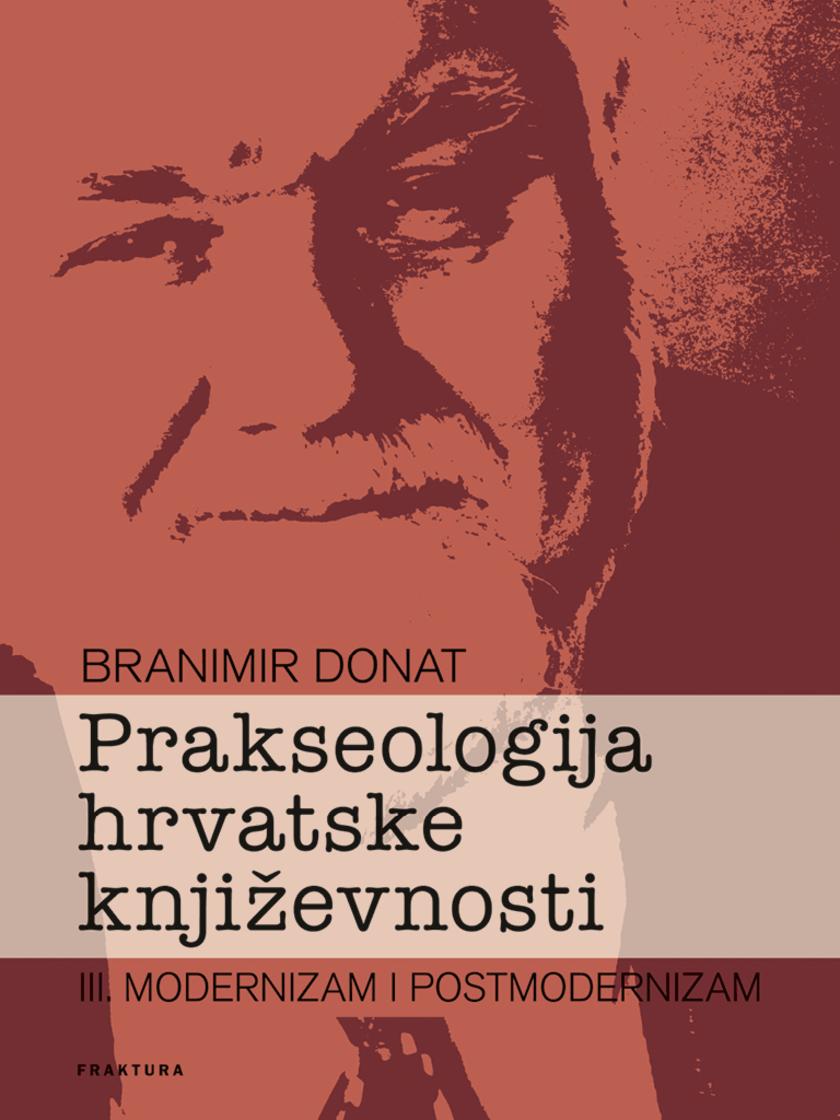
Prakseologija hrvatske knji?evnosti: Knjiga III.
¥207.99
n condiiile n care cmpul teoriilor cosmopolite contemporane se afl ntr-o permanent expansiune, lucrarea urmrete maniera n care aceast paradigm a cosmopolitismului, care nu este lipsit de anumite tensiuni i controverse, poate fi aplicat i n analiza tiinelor politice, n general, i a teoriei politice, n special. Nivelurile de analiz se refer la principiile fundamentale, noile concepte i ipotezele formulate i soluiile propuse n cadrul cosmopolitismului.
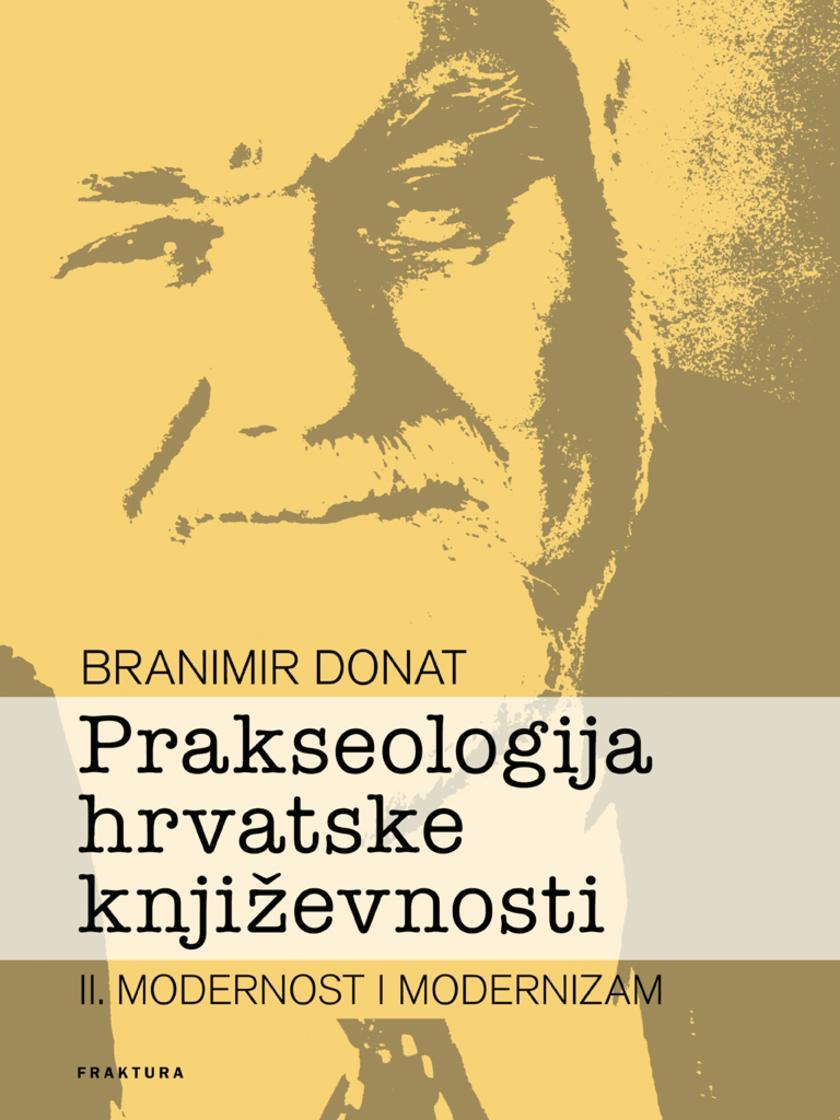
Prakseologija hrvatske knji?evnosti: Knjiga II.
¥207.99
Volumul cuprinde mai multe texte publicate ?n cotidianul Ziua ?i pe blogul autoarei, ?n perioada 2009-2014, ce surprind cu o deosebit? obiectivitate ?i luciditate, precum ?i cu un ascu?it spirit critic realit??ile cenu?ii ale vie?ii politice rom?ne?ti contemporane.

The Impeccable Host
¥207.81
The Impeccable Host is the world's first, definitive, training resource on how to Host corporate events of all types and sizes, more profitably than you ever have before. With well in excess of ?1.3 billion being spent on corporate hospitality during the year of the Olympics in the UK, a significant amount of that will be spent by businesses using the opportunity to extend corporate hospitality to their clients. However, studies have shown that most companies have no idea how to measure the effectiveness of that spend, or more importantly, how to influence it. This book guides you through tactical, interpersonal processes which any savvy Executive can manage, to improve yield from events in three key areas: 1. Customer acquisition ?2. Revenue generation ?3. Customer retention ?Throughout an extensive career as an operational manager in hotels, corporate hospitality, conferencing and events, Mark Perl has developed a deep understanding of the value of 'connection' and the tactical skills of 'networking'. In today's highly competitive marketplace, acquiring superior relationship development skills differentiates the extraordinary business professional from the ordinary. Mark demystifies the tactical processes involved in become a confident and effective relationship builder and business developer. He helps professionals to explode their self-confidence, develop profitable relationships with ease, and to win new business in a way that brings in more money, consistently, with less personal stress.

Spice
¥207.69
On a trip to Turkey as a young woman, chef Ana Sortun fell in love with the food and learned the traditions of Turkish cooking from local women. Inspired beyond measure, Sortun opened her own restaurant in Cambridge, Massachusetts, the award-winning Oleana, where she creates her own interpretations of dishes incorporating the incredible array of delicious spices and herbs used in eastern regions of the Mediterranean.In this gorgeously photographed book, Sortun shows readers how to use this philosophy of spice to create wonderful dishes in their own homes. She reveals how the artful use of spices and herbs rather than fat and cream is key to the full, rich flavors of Mediterranean cuisine -- and the way it leaves you feeling satisfied afterward. The book is organized by spice, detailing the ways certain spices complement one another and how they flavor other foods and creating in home cooks a kind of sense-memory that allows for a more intuitive use of spice in their own dishes. The more than one hundred tantalizing spice categories and recipes include:Beef Shish Kabobs with Sumac Onions and Parsley Butter Chickpea and Potato Terrine Stuffed with Pine Nuts, Spinach, Onion, and Tahini Crispy Lemon Chicken with Za’atar Golden Gazpacho with Condiments Fried Haloumi Cheese with Pear and Spiced DatesAbsolutely alive with spices and herbs, Ana Sortun’s recipes will intrigue and inspire readers everywhere.
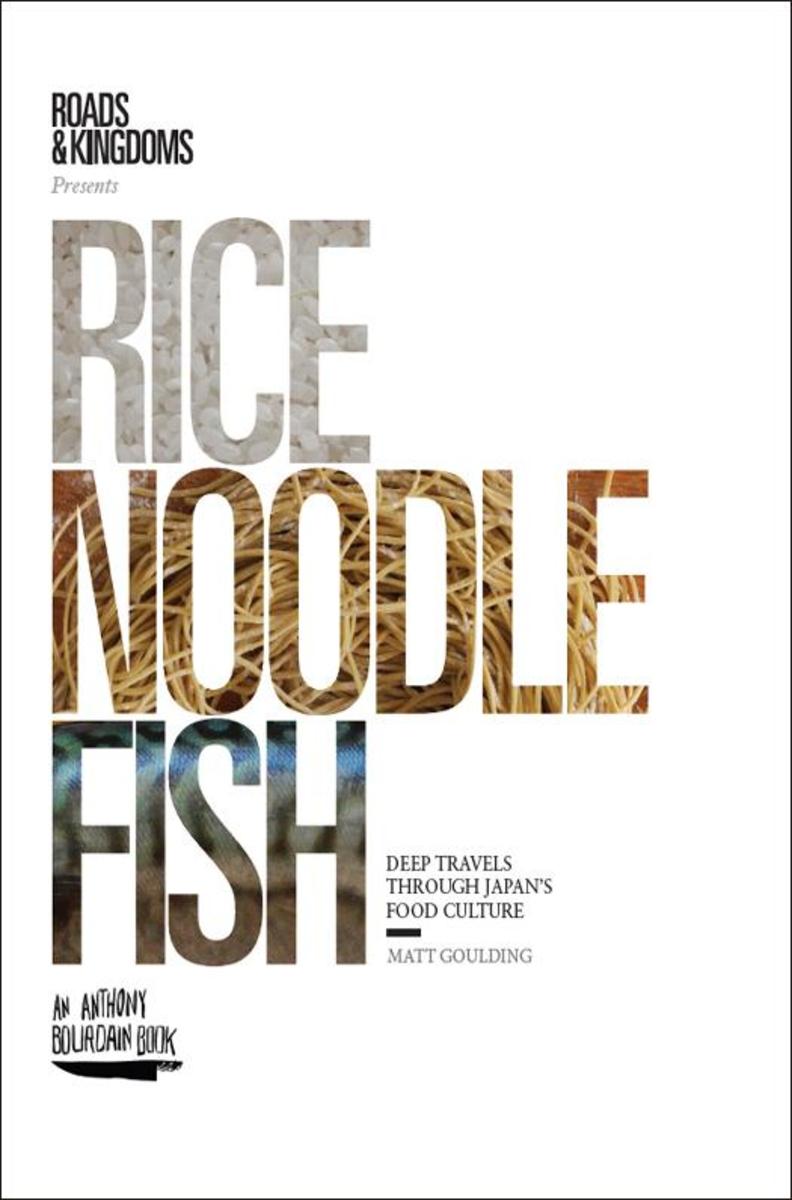
Rice, Noodle, Fish
¥207.69
An innovative new take on the travel guide, Rice, Noodle, Fish decodes Japan's extraordinary food culture through a mix of in-depth narrative and insider advice, along with 195 color photographs. In this five-thousand-mile journey through the noodle shops, tempura temples, and teahouses of Japan, Matt Goulding, co-creator of the enormously popular Eat This, Not That! book series, navigates the intersection of food, history, and culture, creating one of the most ambitious and complete books ever compiled from the Western perspective about the Japanese culinary landscape. Written in the same evocative voice that drives the award-winning magazine Roads & Kingdoms, Rice, Noodle, Fish explores Japan's most intriguing culinary disciplines in seven key regions, from the kaiseki tradition of Kyoto and the sushi masters of Tokyo to the street food of Osaka and the ramen culture of Fukuoka. You won't find hotel recommendations or bus schedules; you will find a brilliant narrative that interweaves immersive food journalism with intimate portraits of the cities and the people who shape Japan's food world. This is not your typical travel guide. Rice, Noodle, Fish is a rare blend of inspiration and information, perfect for the intrepid journeyman and armchair traveler alike. Combining literary storytelling, indispensable insider information, and world-class design and photography, the result is the first-ever guidebook for the new age of culinary tourism.

The Prophets of Smoked Meat
¥207.69
The comprehensive, must-have guide to Texas barbecue, including pitmasters' recipes, tales of the road—from country meat markets to roadside stands—and a panoramic look at the Lone Star State, where smoked meat is sacredBrisket. Spareribs. Beef sausage. Pulled pork. From the science of heat to the alchemy of rubs, from the hill country to the badlands, The Prophets of Smoked Meat takes readers on a pilgrimage to discover the heart and soul of Texas barbecue.Join Daniel "BBQ Snob" Vaughn—host of the popular blog Full Custom Gospel BBQ and acknowledged barbecue expert—and photographer Nicholas McWhirter as they trek across more than 10,000 miles to sample the wood-smoking traditions of the Lone Star State's four distinct barbecue styles:East Texas style, essentially the hickory-smoked, sauce-coated barbecue with which most Americans are familiar. Central Texas "meat market" style, in which spice-rubbed meat is cooked over indirect heat from pecan or oak wood, a method that originated in the butcher shops of German and Czech immigrants. Hill Country "cowboy style," which involves direct heat cooking over mesquite coals and uses goat and mutton as well as beef and pork. South Texas barbacoa, in which whole beef heads are traditionally cooked in pits dug into the earth.Including recipes from longtime pitmasters and new barbecue stars, The Prophets of Smoked Meat encompasses the entire panorama of Texas barbecue. Illustrated throughout with lush, full-color photographs of the food, the people, and the stunning landscapes of the Lone Star State, The Prophets of Smoked Meat is the new gospel of Texas barbecue, essential for neophytes and seasoned experts alike.

Matt Richtel Thriller Collection
¥207.14
Get three exhilarating and cutting-edge thrillers by Matt Richtel in one e-book, including: Devil's Plaything, Floodgate, and The Cloud.Devil's Plaything—a phenomenal "neuro-tech" thriller about a dark and insidious plot to reengineer the human brain. Devil's Plaything is smart, fast, and terrifyingly plausible—a page-turner of the first order.Floodgate—On the eve of the presidential election, a conspiracy threatens to alter the outcome of the vote—and the future of American politics. At the heart of the plot is a powerful computer program, aimed at rooting out hypocrisy among politicians to expose their truths . . . and ours.The Cloud—When the next generation of technology seeps into the brains of the next generation of people, former medical student turned journalist Nat Idle must investigate and stop the invasion. A deftly told tale, the scariest part of The Cloud is how close to reality it could be.

All You Need Is Love: 3-Book Teen Fiction Collection
¥207.14
Perfect for John Green fans, this three-book collection contains three breathtaking, heartbreaking, can't-miss novels:The Beginning of Everything: Varsity tennis captain Ezra Faulkner was supposed to be homecoming king, but that was before—before his girlfriend cheated on him, before a car accident shattered his leg, and before he fell in love with unpredictable new girl Cassidy Thorpe. Robyn Schneider's witty and heart-wrenching teen novel will appeal to fans of books by John Green and Ned Vizzini, novels such as The Perks of Being a Wallflower, and classics like The Great Gatsby and The Catcher in the Rye.How to Love: Reena Montero has loved Sawyer LeGrande for as long as she can remember. But he's never noticed that Reena even exists . . . until one day, impossibly, he does. Then three years pass, and there's a new love in Reena's life: her daughter. Reena's gotten used to life without Sawyer, but just as suddenly as he disappeared, he turns up again. After everything that's happened, can Reena really let herself love Sawyer LeGrande againFor fans of Sarah Dessen and John Green, How to Love is a breathtaking debut about a couple who falls in love . . . twice.Maybe One Day: In the tradition of The Fault in Our Stars, critically acclaimed author Melissa Kantor masterfully captures the joy of friendship, the agony of loss, and the unique experience of being a teenager in this poignant new novel about a girl grappling with her best friend's life-threatening illness.

Maisie Dobbs Bundle #4: Elegy for Eddie and Leaving Everything Most Loved
¥207.11
This eBook bundle includes books 9 & 10 in Jacqueline Winspear's New York Times bestselling Maisie Dobbs series: Elegy for Eddie and Leaving Everything Most Loved.
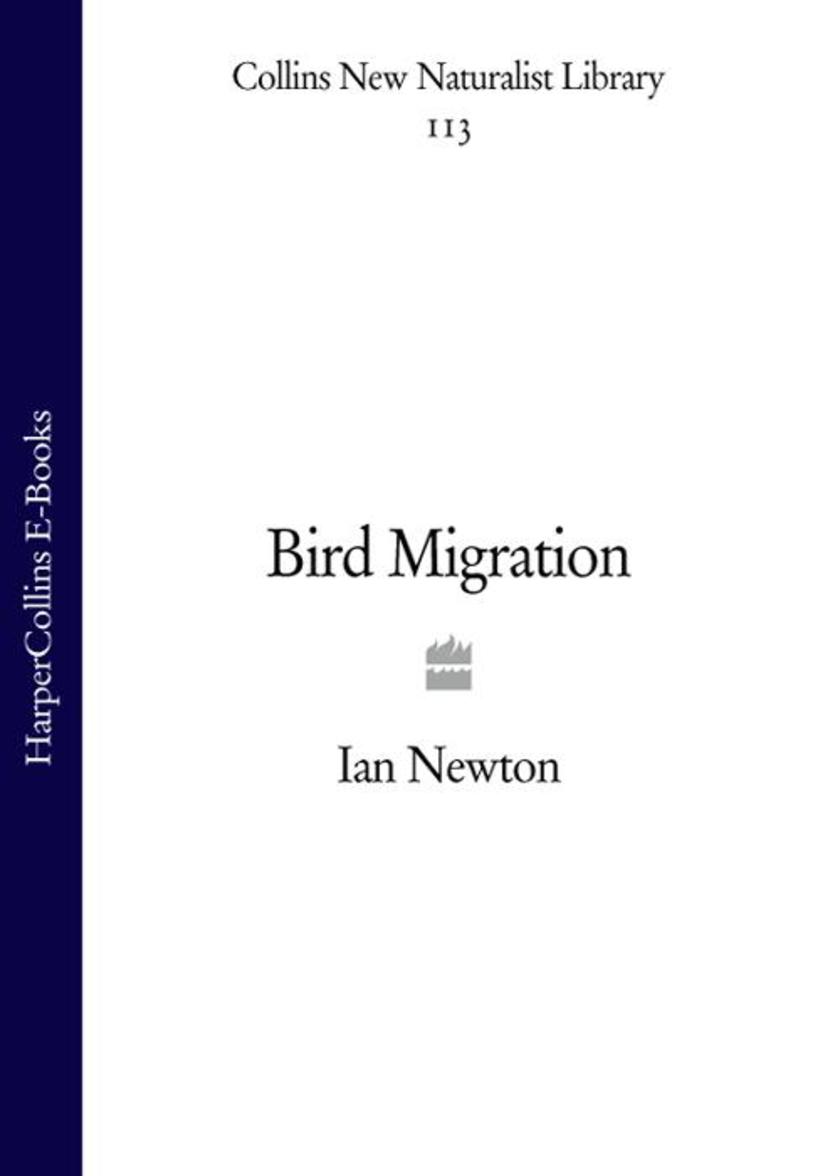
Bird Migration (Collins New Naturalist Library, Book 113)
¥206.30
The phenomenon of bird migration has fascinated people from time immemorial. The arrivals and departures of different species marked the seasons, heralding spring and autumn, and providing a reliable calendar long before anything better became available. Migration is shown by many kinds of animals, including butterflies and other insects, mammals, marine turtles and fish, but in none is it as extensively developed as in birds. The collective travel routes of birds span almost the entire globe, with some extreme return journeys covering more than 30,000 km. As a result of migration, bird distributions are continually changing – in regular seasonal patterns, and on local, regional or global scales. Migration has repeatedly prompted familiar questions, such as where birds go or come from, why do they do it, how do they know when and where to travel, and how do they find their way? In this book, Ian Newton sets out to answer these – and other – questions. The book is divided into four main sections: the first is introductory, describing the different types of bird movements, methods of study, and the main migration patterns seen around the British Isles; the second part is concerned mainly with the process of migration – with timing, energy needs, weather effects and navigation; the third with evolution and change in migratory behaviour; and the fourth with the geographical and ecological aspects of bird movements.

The Riftwar Saga Series Books 2 and 3
¥206.30
The Riftwar Saga continues… This ebook contains Silverthorn and A Darkness at Sethanon, books two and three of the Rift War Saga by Raymond E. Feist. For nearly a year peace reigned in the enchanted kingdom of Rillanon. But new challenges awaited Arutha, the Prince of Krondor, when Jimmy the Hand – the youngest thief in the Guild of Mockers – came upon a sinister Nighthawk poised to assassinate him. What evil power raises the dead and makes corpses do battle with the living at the behest of the Guild of Death? And what high magic can defeat it? Meanwhile, a life-or-death quest must be undertaken to find an antidote to a poison that fells a beautiful princess on her wedding day… And so the Rift War Saga continues…

Wildfowl (Collins New Naturalist Library, Book 110)
¥206.30
New Naturalist Wildfowl provides a much-anticipated overview of the fascinating birds that have become icons of our diminishing wilderness areas. Wildfowl – swans, geese and ducks – have been the subject of poetry, fables, folklore and music, and a source of inspiration to writers, artists, historians and naturalists alike. Historically, they have featured prominently in our diet – more recently they have become the most widely domesticated group of birds. Wildfowl have been scientifically studied more intensively than any other group of birds and were one of the first groups to highlight more general issues of conservation. Their status as the most popular group of birds is underlined by the success of the original Wildfowl Trust (now the Wildfowl & Wetlands Trust). David Cabot has been obsessed with wildfowl for nearly sixty years. In this seminal new work, he discusses the 56 species of wildfowl that have been recorded either in a natural state, or that have been introduced and now maintain self-sustaining populations in Britain and Ireland. He focuses on their social behaviour, feeding ecology and population dynamics, and in particular their seasonal migration patterns. He also explores the evolution and history of wildfowl and our long relationship with them, through popular mythology and legends, which continue to fascinate us with a sense of mystery and awe.

Birds of New Zealand, Hawaii, Central and West Pacific (Collins Field Guide)
¥206.30
The essential guide to identifying every species of bird you may see in this area, for both tourists and wildlife enthusiasts. Featuring over 750 species, Birds of New Zealand, Hawaii, Central and West Pacific is the only field guide to illustrate and describe every species of bird you may see in the area, from Australia, New Zealand and New Guinea to Melanesia, Micronesia, and Polynesia. ? Text gives information on key identification features, habitat, and songs and calls ? All plumages for each species are illustrated, including those of males, females and juveniles The stunning 95 colour plates appear opposite their relevant text for quick and easy reference. Distribution maps are included, showing where each species can be found and how common it is, to further aid identification. This comprehensive and highly portable guide is a must for all birdwatchers visiting the region.
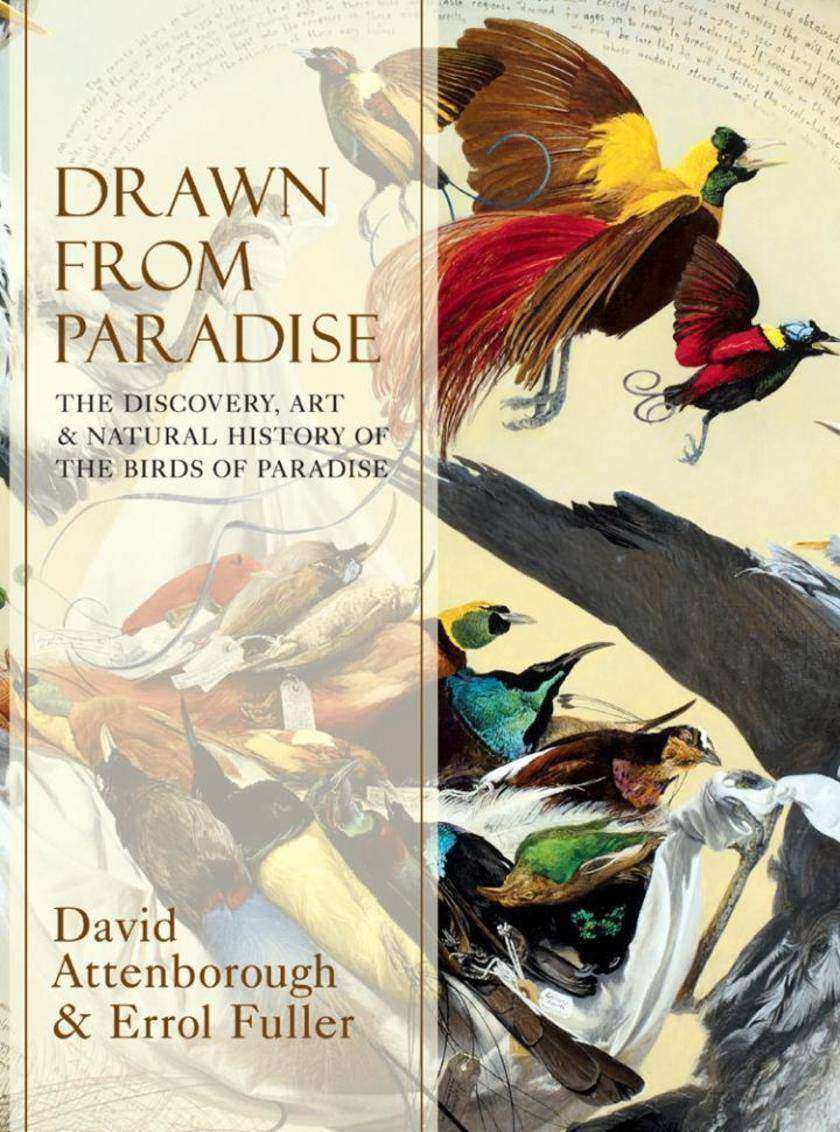
Drawn From Paradise:The Discovery, Art and Natural History of the Birds of Parad
¥206.30
Drawn from Paradise is David Attenborough’s journey through the cultural history of the birds of paradise, one of the most exquisite and extravagant, colourful and intriguing families of birds. From the moment they were introduced to the European mind in the early sixteenth century, their unique beauty was recognised and commemorated in the first name that they were given – birds so beautiful must be birds from paradise. In this unique exploration of a truly awe-inspiring family of birds which to this day is still shrouded in mystery, David Attenborough and Errol Fuller trace the natural history of these enigmatic birds through their depiction in western works of art throughout the centuries, featuring beautiful illustrations by such luminary artists as Jacques Barraband, William Hart, John Gould, Rubens and Breughel, to name but a few. Experienced ornithologists and general nature and art enthusiasts alike will delight in this journey of discovery of the world’s most beautiful and mysterious birds.
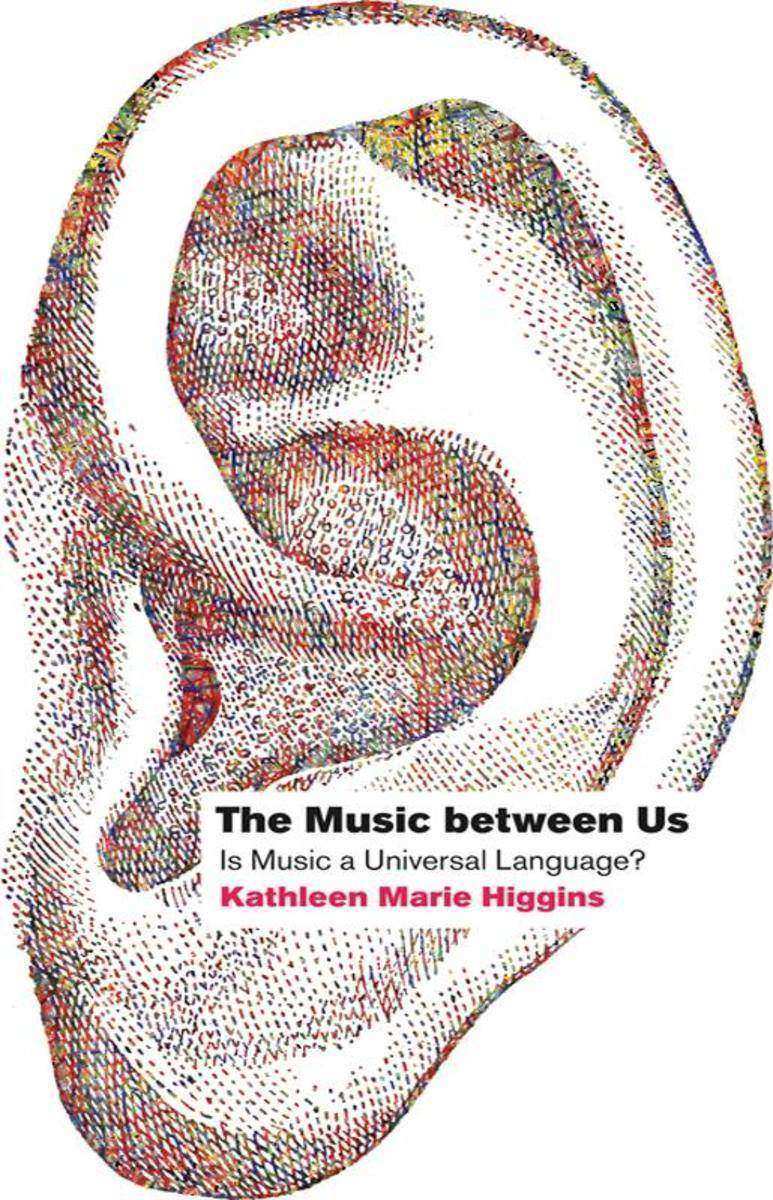
Music between Us
¥206.01
From our first social bonding as infants to the funeral rites that mark our passing, music plays an important role in our lives, bringing us closer to one another. In?The Music between Us, philosopher Kathleen Marie Higgins investigates this role, examining the features of human perception that enable music's uncanny ability to provoke, despite its myriad forms across continents and throughout centuries, the sense of a shared human experience.Drawing on disciplines such as philosophy, psychology, musicology, linguistics, and anthropology, Higgins's richly researched study showcases the ways music is used in rituals, education, work, healing, and as a source of security and-perhaps most importantly-joy. By participating so integrally in such meaningful facets of society, Higgins argues, music situates itself as one of the most fundamental bridges between people, a truly cross-cultural form of communication that can create solidarity across political divides. Moving beyond the well-worn takes on music's universality,?The Music between Us?provides a new understanding of what it means to be musical and, in turn, human.?
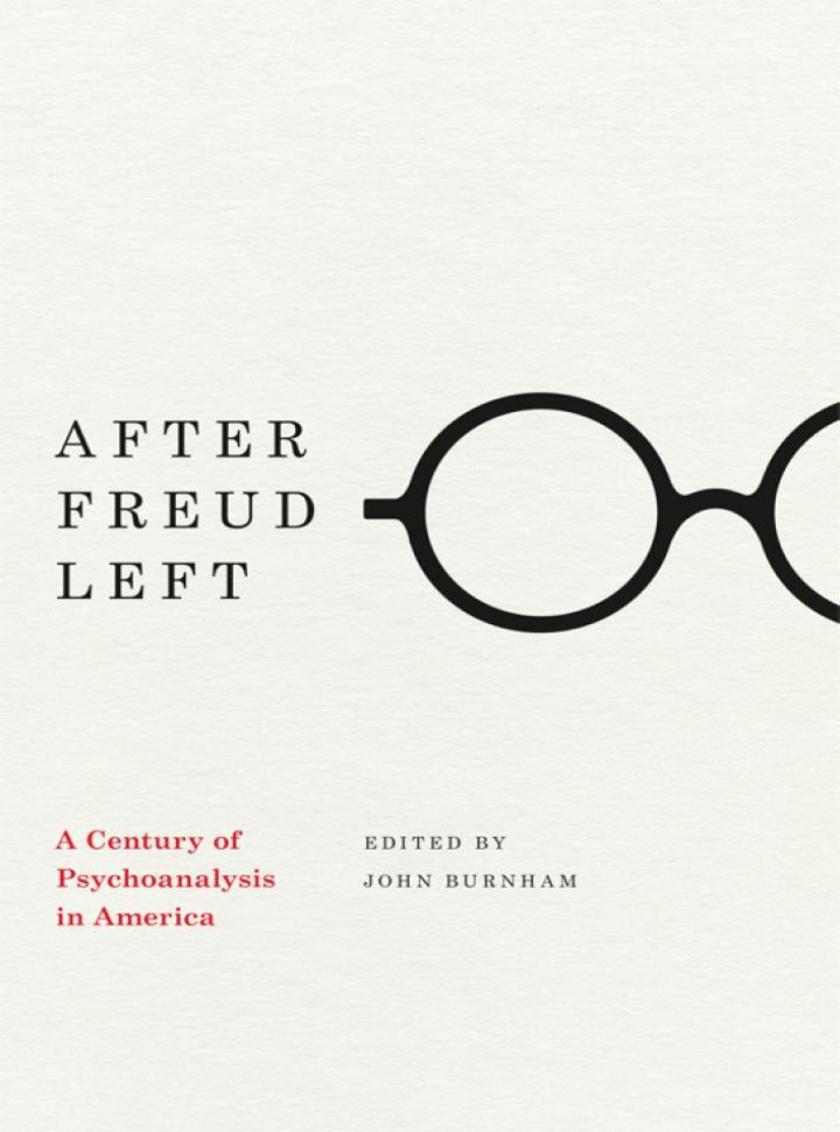
After Freud Left
¥206.01
From August 29 to September 21, 1909, Sigmund Freud visited the United States, where he gave five lectures at Clark University in Worcester, Massachusetts. This volume brings together a stunning gallery of leading historians of psychoanalysis and of American culture to consider the broad history of psychoanalysis in America and to reflect on what has happened to Freud's legacy in the United States in the century since his visit.There has been a flood of recent scholarship on Freud's life and on the European and world history of psychoanalysis, but historians have produced relatively little on the proliferation of psychoanalytic thinking in the United States, where Freud's work had monumental intellectual and social impact. The essays in After Freud Left provide readers with insights and perspectives to help them understand the uniqueness of Americans' psychoanalytic thinking, as well as the forms in which the legacy of Freud remains active in the United States in the twenty-first century. After Freud Left will be essential reading for anyone interested in twentieth-century American history, general intellectual and cultural history, and psychology and psychiatry.?




 购物车
购物车 个人中心
个人中心



